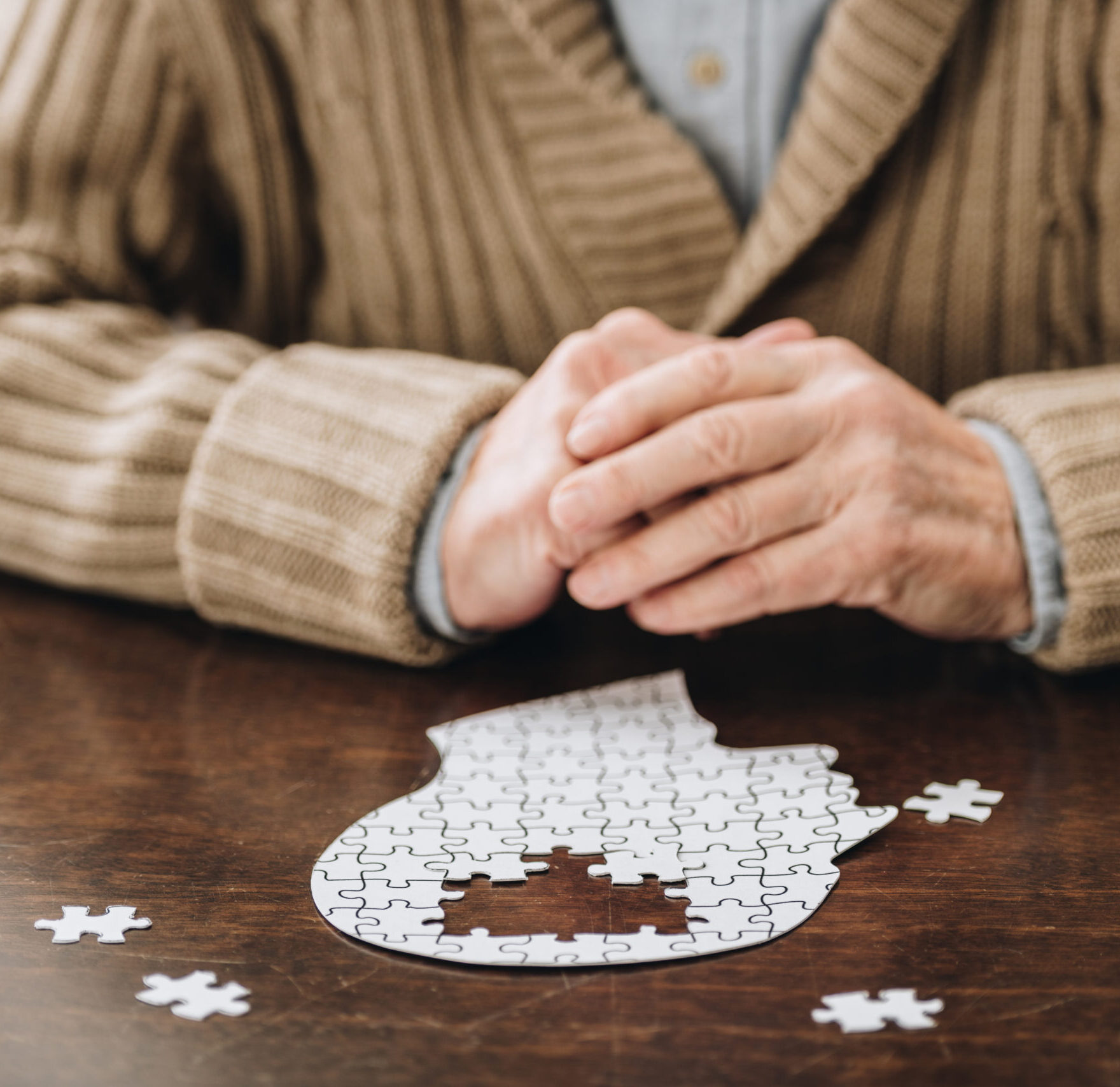As with all studies that collect personal information, there is a remote possibility that third parties such as an insurance company or employer could access the information you have provided without permission of the CLSA. Many levels of safeguards have been put in place to reduce this risk.
All identifiable information will be kept in a secure database with a unique study number at McMaster University and will only be used to contact you. The information that you provide for us, without your name or contact information, will be stored in a secure database at McMaster University. Data collected by interviewers are transferred to the McMaster database over secure, encrypted connections.
All CLSA staff will sign an agreement to protect your privacy and confidentiality.
The CLSA Memory Study data will not be available to other researchers through our general study data access processes. Any requests to access the CLSA Memory Study data will need to be submitted to and approved by the CLSA Memory Study principal investigators. Researchers using data from the CLSA Memory Study will not be provided with any identifying information.
Records identifying you as a participant in the CLSA Memory Study will be kept confidential and, to the extent permitted by the applicable laws, will not be disclosed or made publicly available, except as described in this document. If required, direct authorized representatives of the following organizations may look at your original identifiable data to check that the information collected for the study is correct and follow proper laws and guidelines:
The research ethics boards oversee the ethical conduct of this study in each province.





